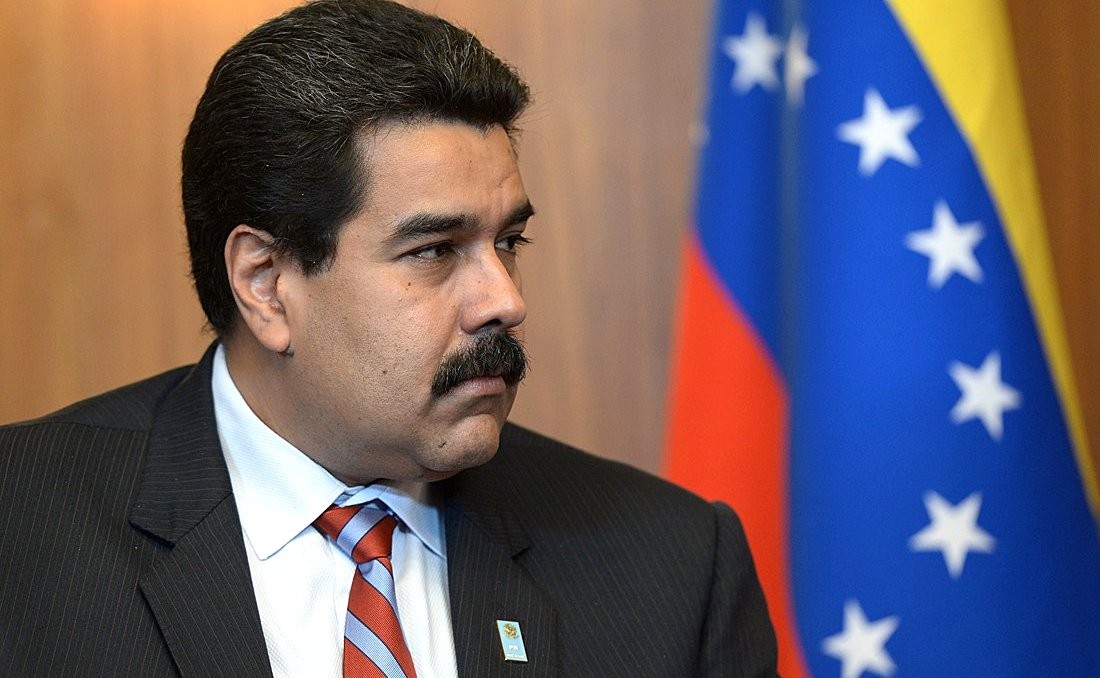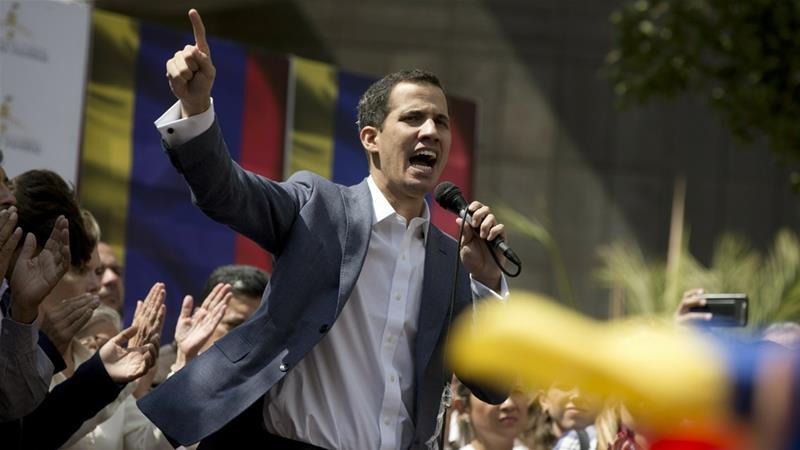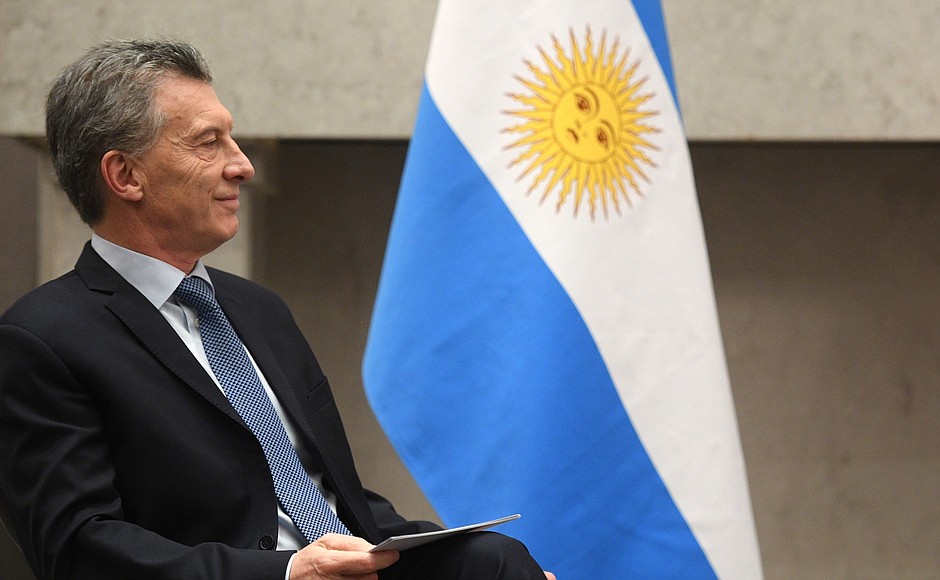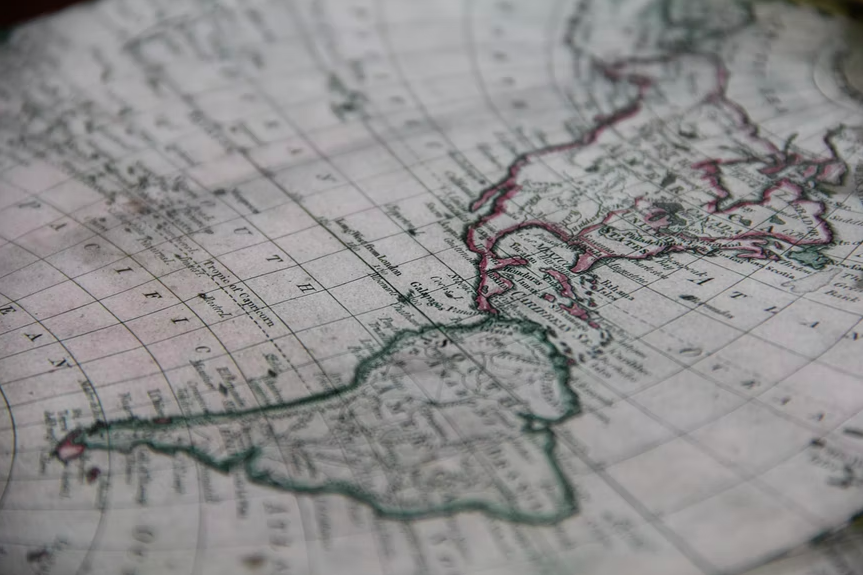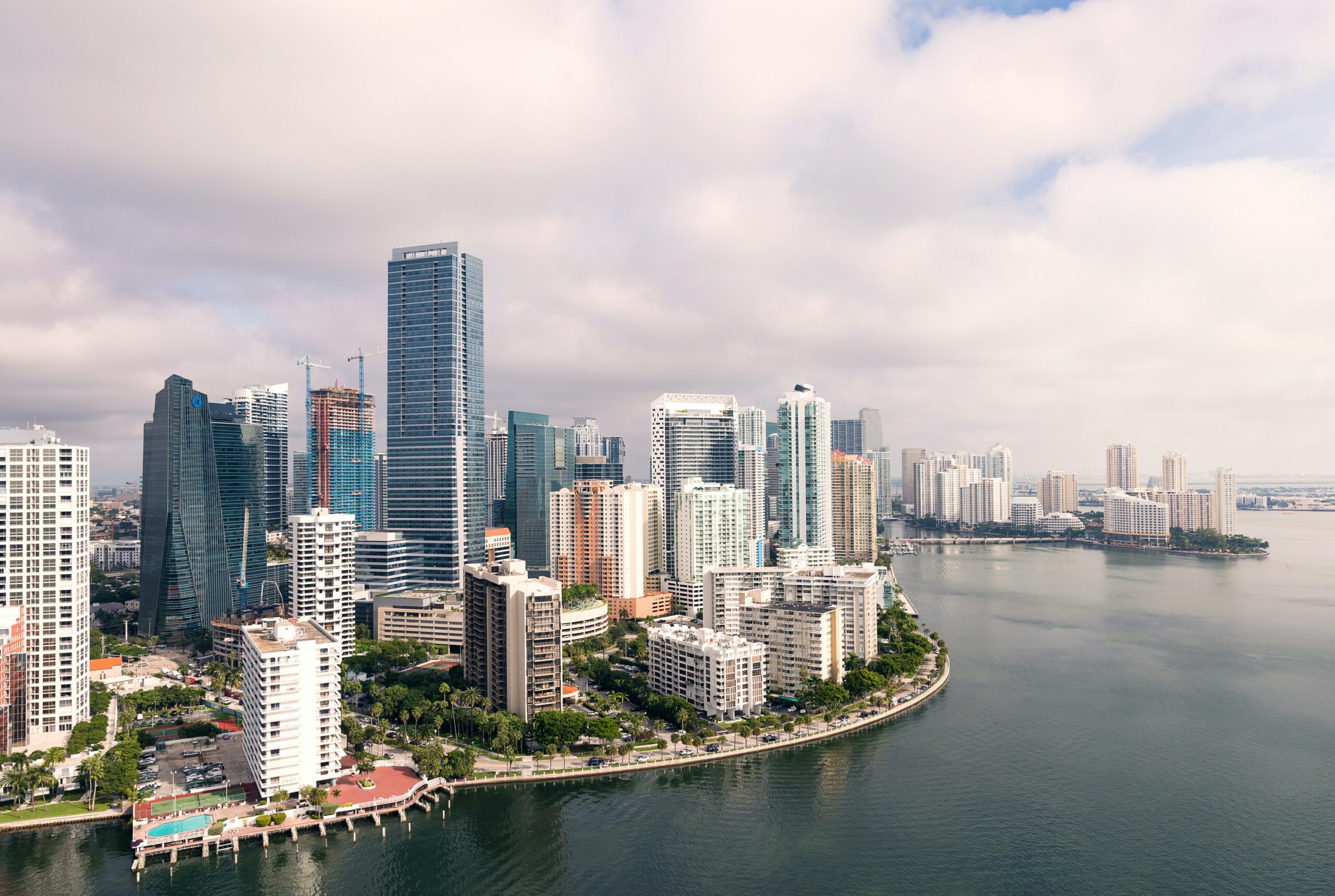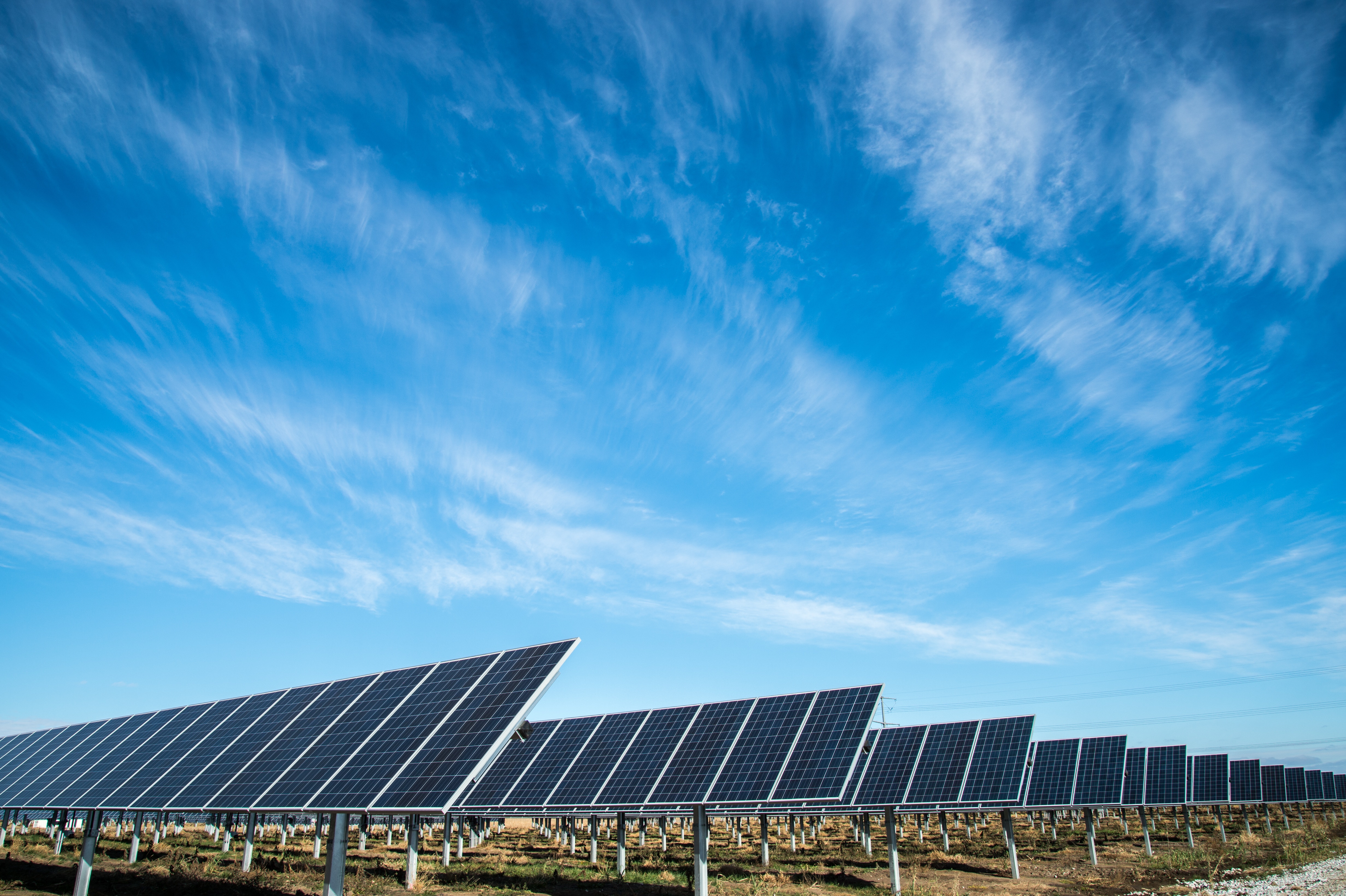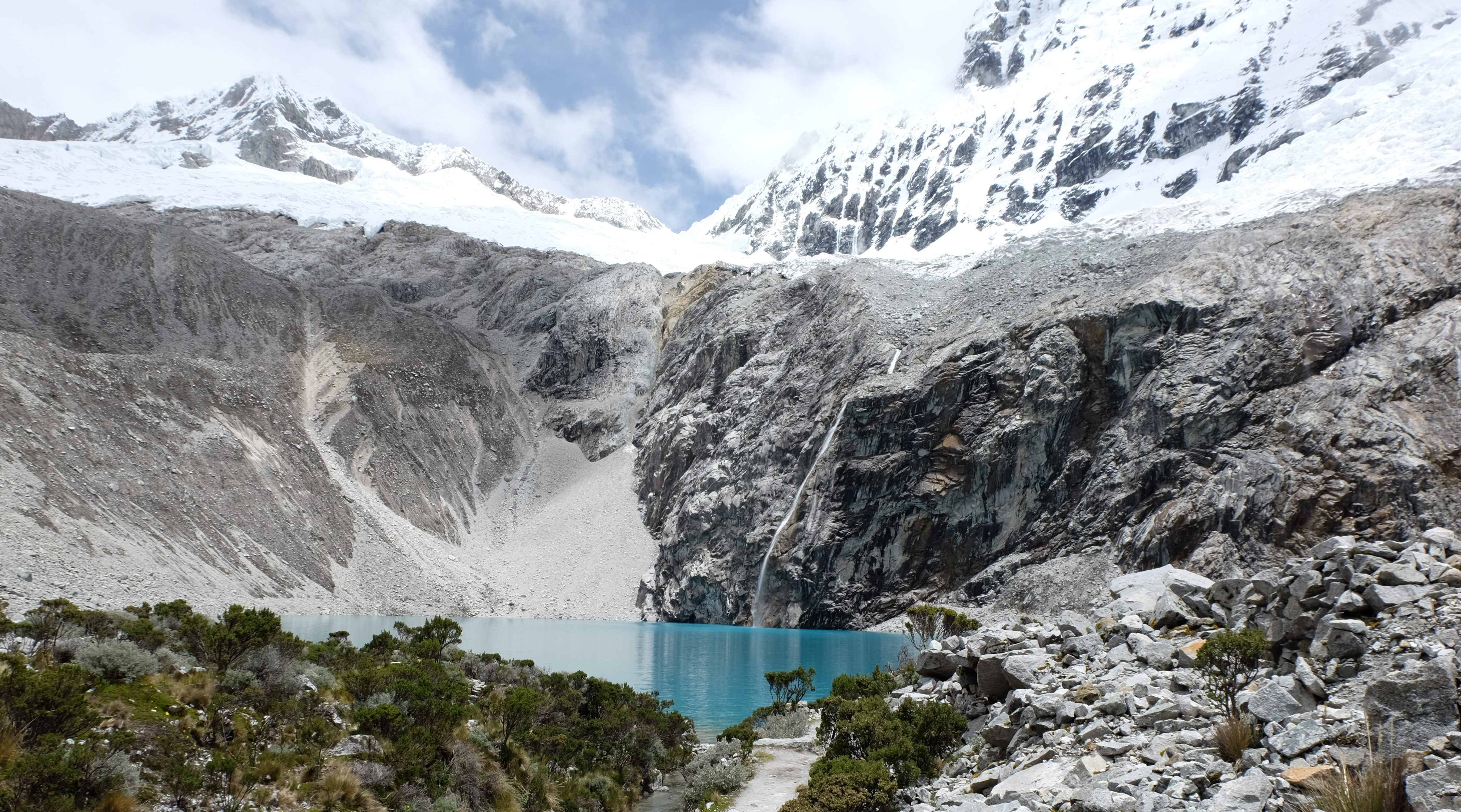Thousands of Venezuelans continue to pour out of their country and into neighboring states such as Colombia and Brazil in a bid to escape skyrocketing levels of violence, inflation and poverty.
Dogged by hyperinflation that has seen Venezuela’s currency drop in value by 99.9%, a government refusing to provide citizens with the passports they need to leave, and an ongoing desperation that has seen an exodus of some 2.3 million people in the past five years, the South American continent is facing a humanitarian crisis in which no country can be devoid of participation.
The mass exodus of Venezuelan Migrants, however, does also not appear to be easing as news of Nicolas Maduro’s election win in May last year means the leftist president is set to be sworn in for another six years of governance on January 20.
On Friday, the Lima Group, made up of 14 governments in the Latin region, made a statement promising not to recognise Maduro’s re-inauguration as legitimate. Only one country, Mexico, opted out of the group condemnation reinforcing the new Mexican president’s increasingly non-interventionist stance.
According to the meeting, governments of Argentina, Brazil, Canada, Chile, Colombia, Costa Rica, Guatemala, Guyana, Honduras, Panama, Paraguay, Peru and Saint Lucia have all backed the decision, which deems last May’s election illegitimate.
The United States does not form part of the Lima Group, created in 2017, however Secretary of State Mike Pompeo also took part in Friday’s meeting through a video call.
The election in question saw 8.6 million Venezuelans cast their votes on 20 May 2018 for their next president. The election also saw Maduro’s two most popular rivals, Henrique Capriles and Leopoldo Lopez, barred from running before the current president secured his second term with an estimated 5.8 million votes. His main opponent secured just 1.8 million votes, amidst criticism of low voter turnout (just 46% of the population voted) and large irregularities.
The illegitimate nature of Maduro’s win has also recently been called out by a Venezuelan Supreme Court Justice who has this year fled to the United States. Judge Christian Zerpa renounced the government, and according to Reuters explained: “I believe (Maduro) does not deserve a second chance because the election he supposedly won was not free and competitive.”
Calling on Maduro not to take office and suggesting that it’s the only way to restore effective democracy within Venezuela, the Lima Group has also threatened to restrict Venezuelan officials from entering their countries. According to the press release, threats have gone as far as planning to freeze funds and ensure financial organisations from the respective countries do not involve themselves with Venezuelan dealings.
Last September, ten members of the Lima Group also released a statement explaining ‘‘they urge the Venezuelan regime to put an end to human rights violations, to free political prisoners, to respect the autonomy of the powers of the State and to assume their responsibility for the serious crisis that Venezuela is experiencing today.’’ The most recent decisions by the group point to a firmer approach in a bid to restore democracy within Venezuela.
Despite amplified criticism from peers around the globe, Maduro is set to be sworn into office this Thursday. In the meantime, Venezuela’s crisis continues in full stead amidst reports that Venezuelan classrooms are nearly empty and polls suggesting that 30% of the remaining population eat just once a day.

